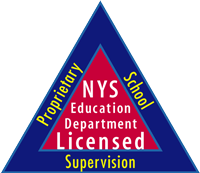224 West 35th Street Suite 508,
New York, NY 10001 US
Online IT Courses
- Desktop Support Analyst
- Computer Systems Analyst – .Net
- Computer Systems Analyst – Java
- PMP Training Program
- Quality Assurance (Q.A.)
- Business Analyst
- Online Business Analysis Training – IIBA Certifications (ECBA) Prep
- Online Business Analyst Training – IIBA Certification (CCBA & CBAP)
- Online Full Stack Developer






